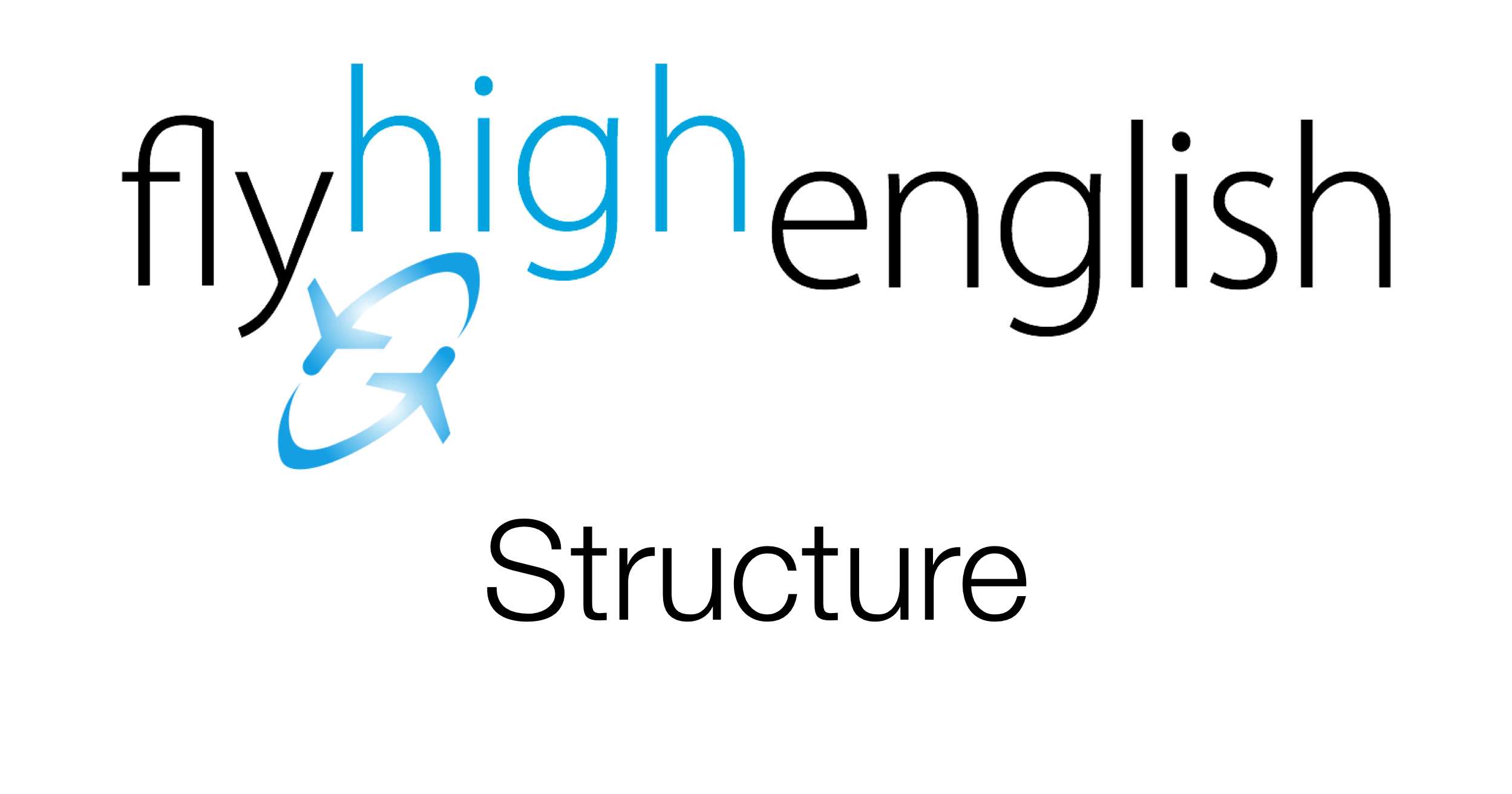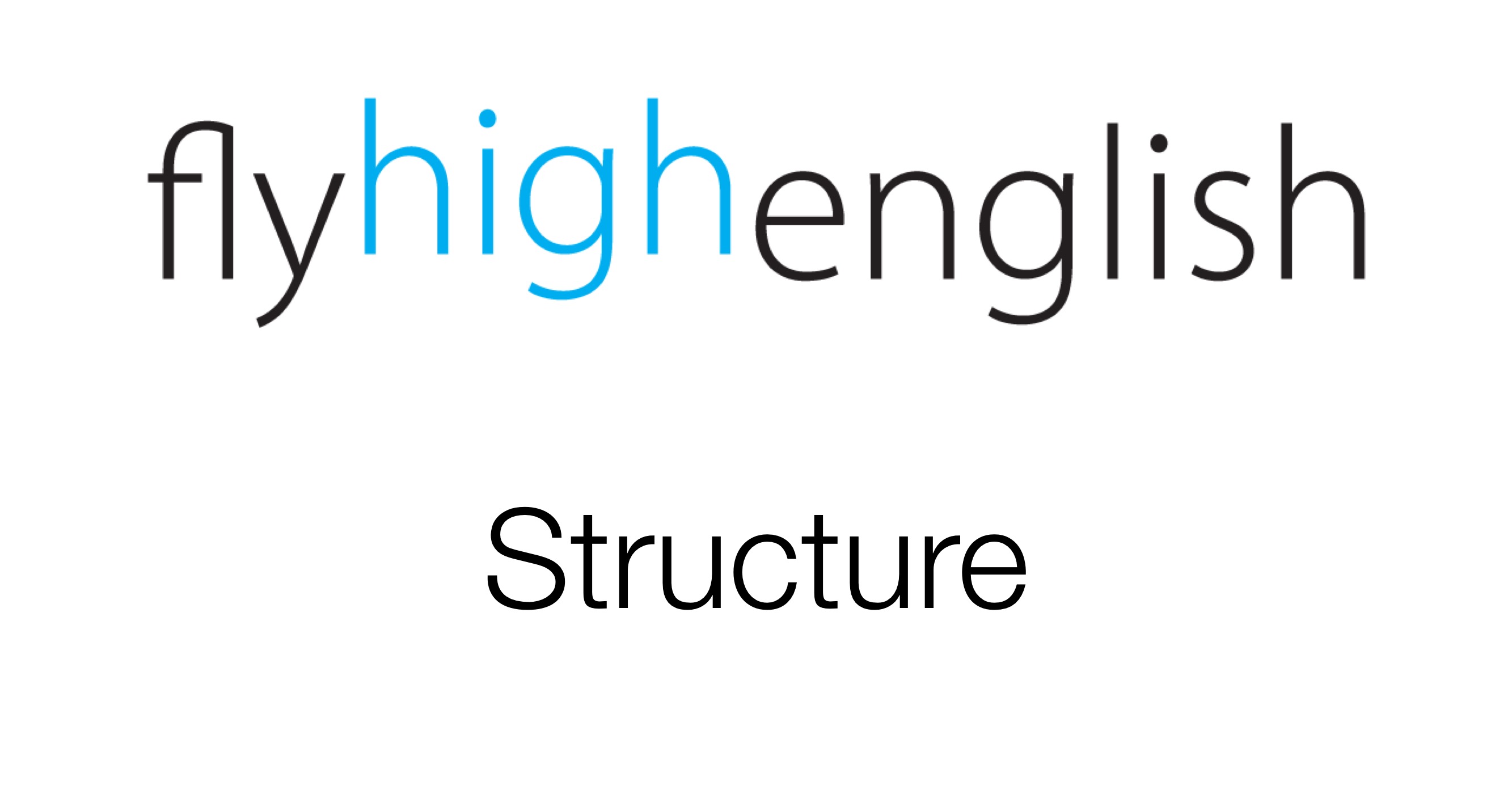
How to make comparative adjectives
Adjectives are put into four different categories before creating their comparative forms:
- one-syllable or short adjectives
- two or more syllable long adjectives
- adjectives that end with ‘y’
- irregular adjectives.
1. To make one-syllable or short adjectives into comparative adjectives we add ‘er + than’ to the end of the adjective.
- short becomes shorter than
- long becomes longer than
2. To make two or more syllable long adjectives into comparative adjective add ‘more’ before the adjective and ‘than’ after the adjective
- comfortable becomes more comfortable than
- impressive becomes more impressive than
3. To make adjectives that end with ‘y’ into comparative adjectives we remove ‘y’ at the end of the adjective and add ‘ier + than’ to the end of the adjective.
- easy becomes easier than
- heavy becomes heavier than
4. To make irregular adjectives into comparative adjectives you just have to learn the comparative form. Fortunately they aren’t many and they use ‘than’ after the comparative form.
- good becomes better than
- bad becomes worse than
Look at the diagram below for a summary of how we create the comparative forms from these different types of adjectives.
Follow us on Twitter here or Facebook here for more great content!







